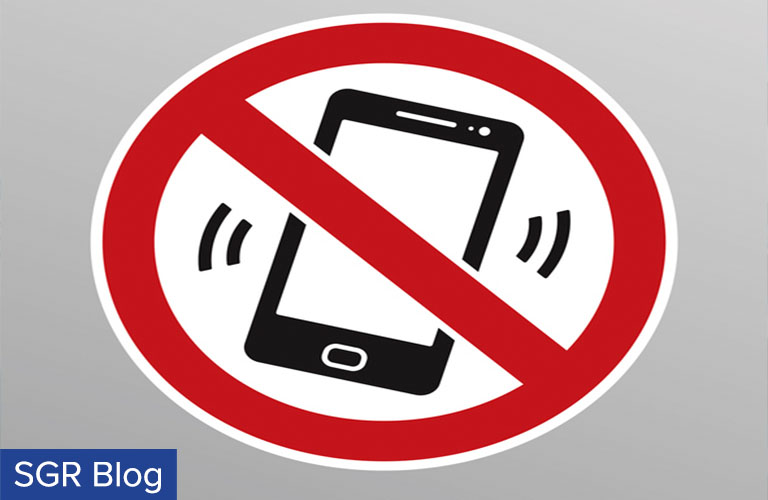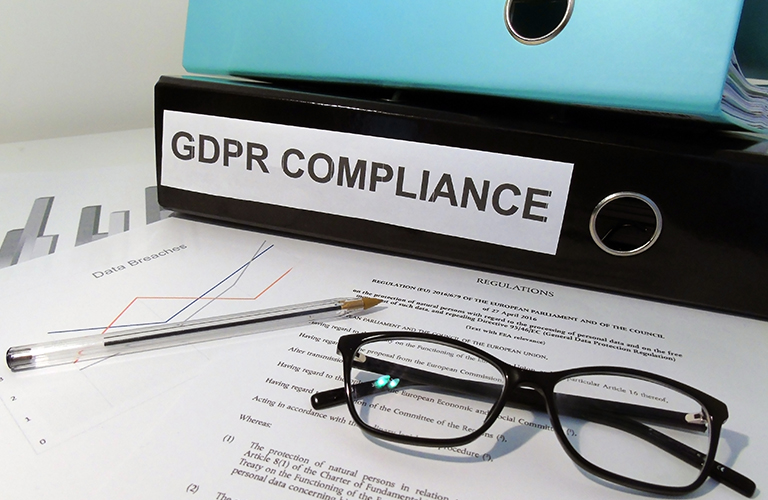
Authored By: Marcia M. Ernst While the National Labor Relations Board (“NLRB”) previously upheld an employer policy that prohibited employee phone use at work for safety and security reasons[1], the Federal Communications Commission (“FCC”) recently upheld a fine against an employer for using a signal jamming device to prevent employees from using their phones at work.[2] Signal jammers, which overpower, block, or interfere with authorized radio frequencies and communications, are illegal under the federal Communications Act of 1934, as amended (“Act”)[3], with only a few exceptions recognized for use by the government. Jammers present a direct danger to public safety… Read more










